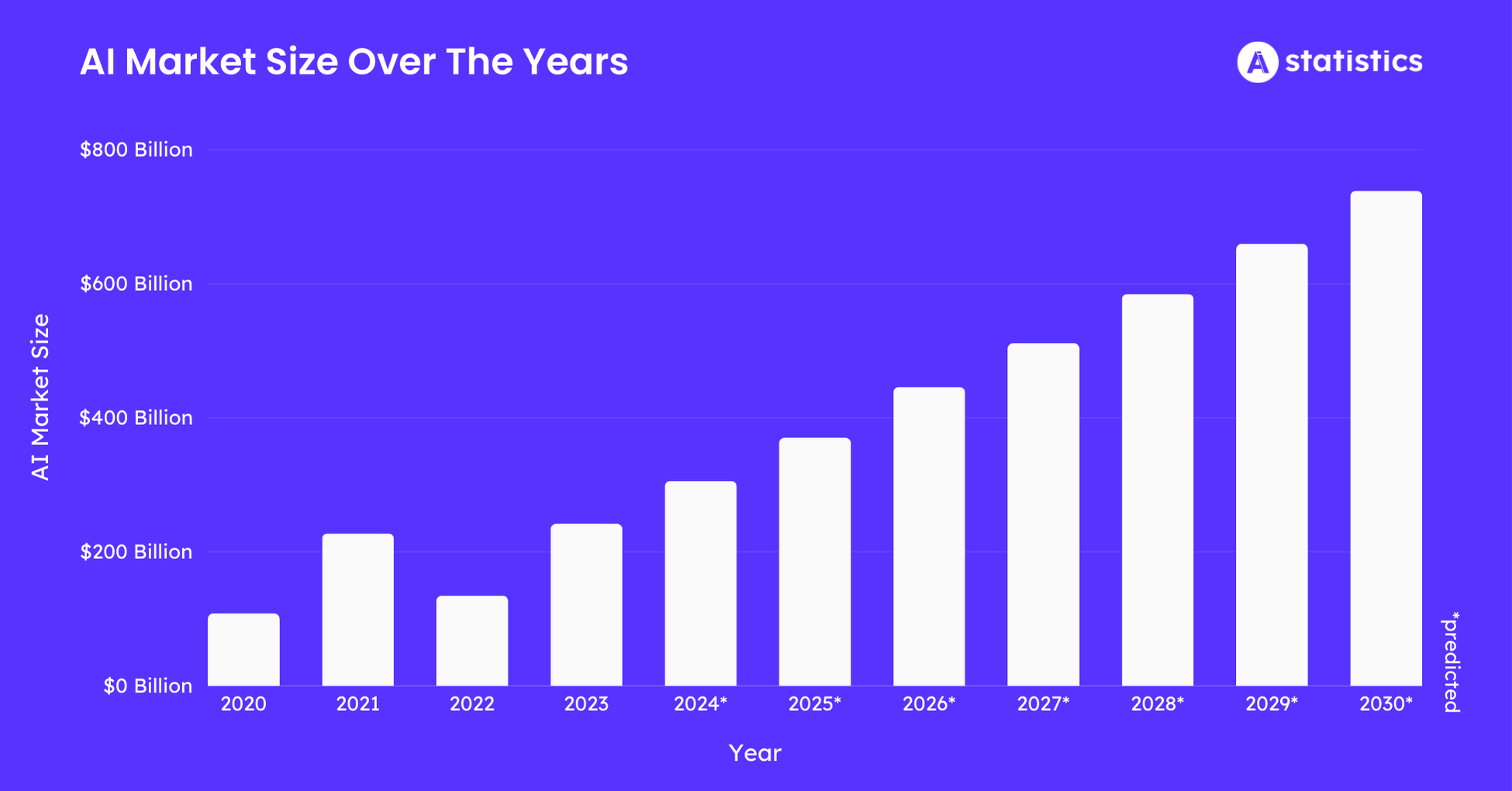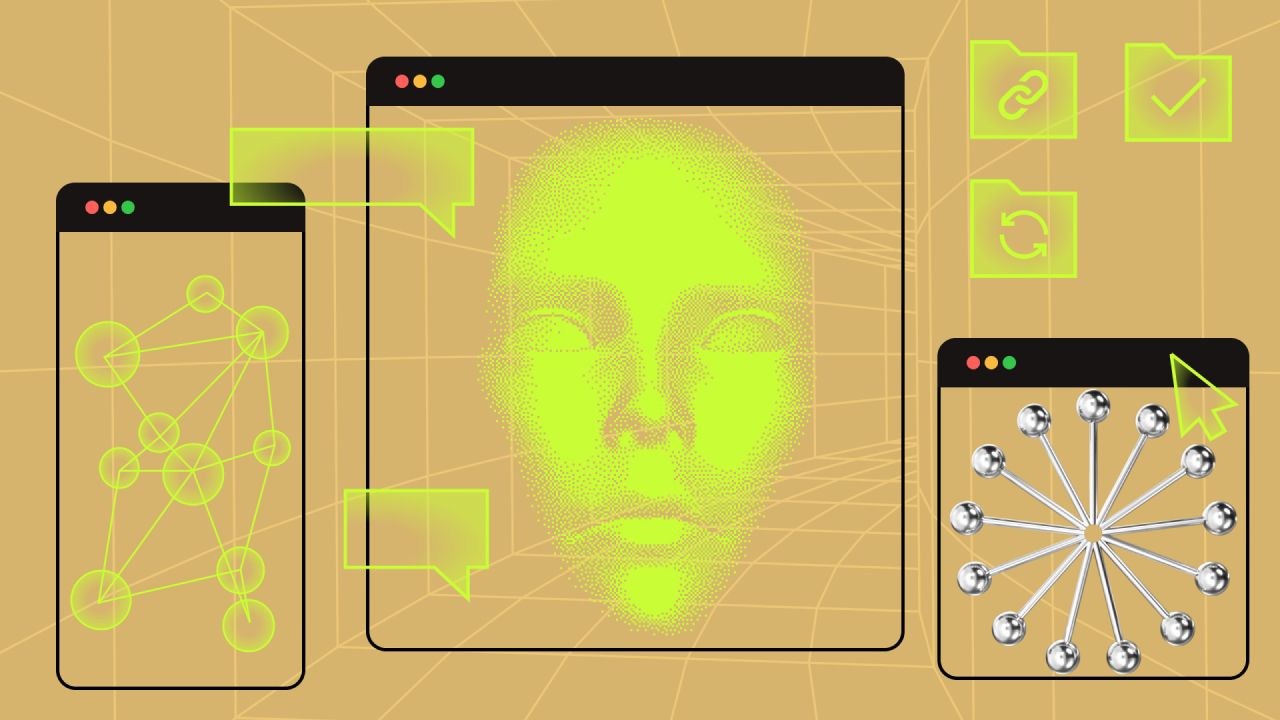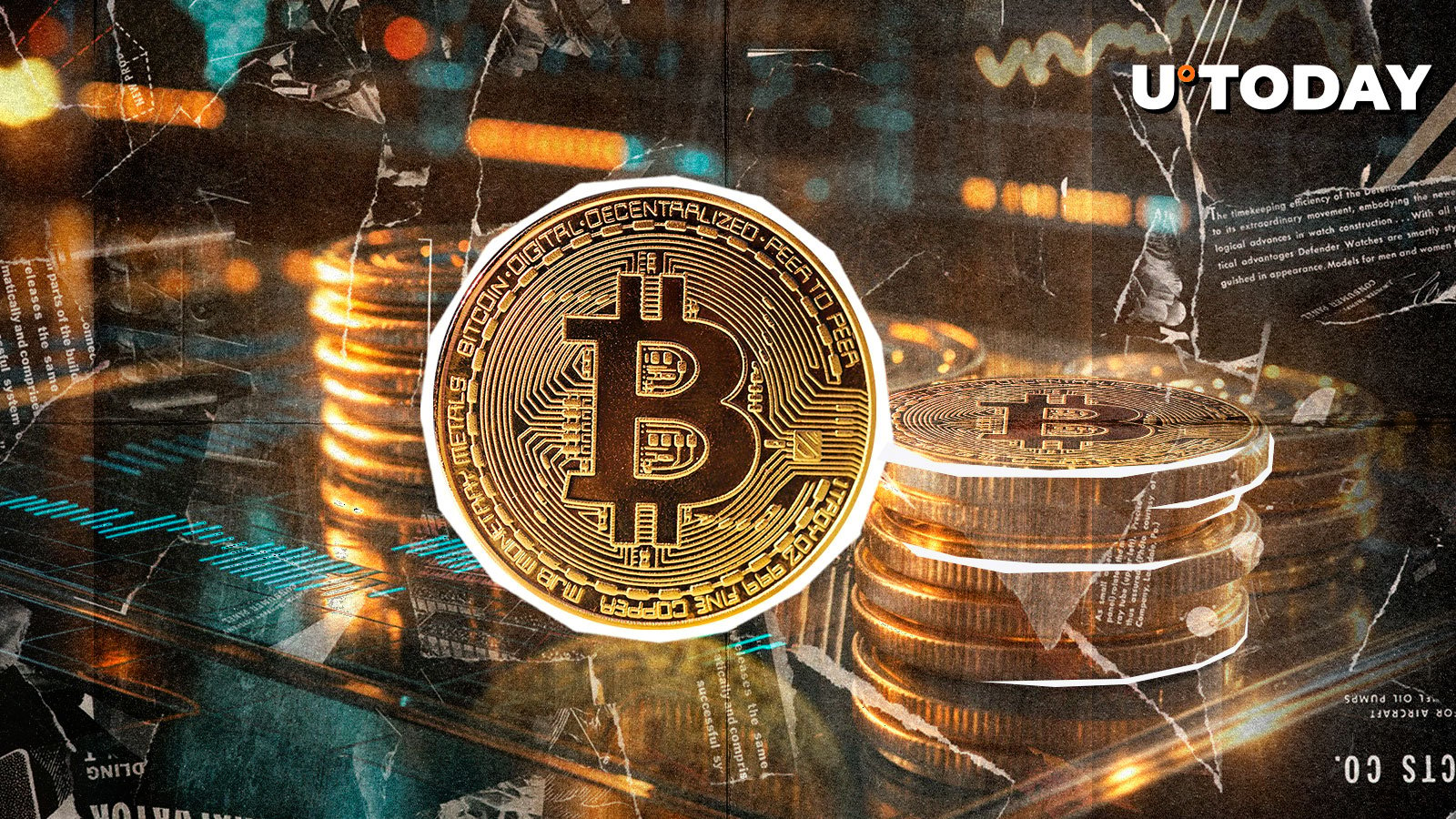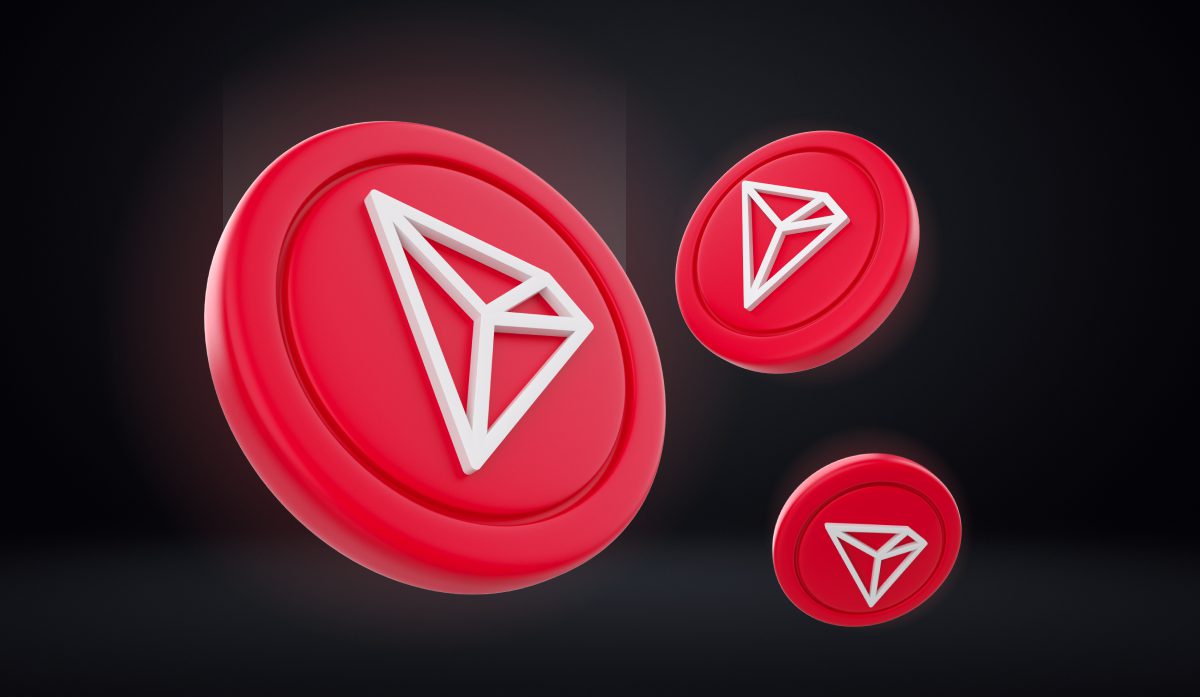The decentralized AI sector saw unprecedented growth in 2024. According to PitchBook, investors poured $436 million into the field, marking a nearly 200% increase compared to 2023.
This surge coincides with the global AI market’s impressive market cap of $214 billion this year. The convergence of AI and blockchain is reshaping how these technologies are developed, accessed, and deployed. But is decentralized AI more than just a speculative trend?
Breaking Down Decentralized AI
Decentralized AI integrates artificial intelligence into systems that prioritize distributed ownership, governance, and collaboration. Unlike traditional AI models, which are often centralized, decentralized AI operates through trustless frameworks.
Investors are jumping on the trend now more than ever, with decentralized AI startups raising more money this year than the previous three years combined.

Projects like SingularityNET exemplify this model by enabling the creation, sharing, and monetization of AI services. In March 2024, SingularityNET, Fetch.ai, and Ocean Protocol announced plans to merge their tokens.
This merger aims to advance collaborative AI initiatives and democratize access to these technologies. These frameworks can help reduce reliance on centralized institutions, paving the way for open and fair AI ecosystems.
The rise of decentralized AI is fueled by its potential to address privacy and ownership concerns. These agents can manage wallets, execute trades, and personalize content while safeguarding user data.
“Crypto users are already big on owning their assets and data, so decentralized AI fits perfectly by enabling AI agents that work directly for each user.Even more exciting, in crypto, you can have shared ownership of these AI agents. Imagine a DAO collectively owning an AI that manages its treasury, or a group funding an AI artist to generate unique NFTs. It’s about combining the intelligence of AI with the transparency and fairness of blockchain,” Jawad Ashraf, CEO of Vanar said in an interview with BeInCrypto.
Another key driver is the seamless integration of blockchain and AI. Blockchain offers secure data storage, while AI processes data and generates insights. Community-driven innovation and the appeal of shared ownership further enhance its adoption.
Challenges and Risks in DeAI
Despite its promise, decentralized AI faces significant challenges. Scalability remains a technical hurdle as blockchain’s current infrastructure struggles to handle AI’s resource-intensive demands efficiently.
Trust and governance also pose challenges. Transparency and accountability mechanisms are critical to fostering this trust.
“Scaling large datasets and models across decentralized networks without compromising performance is a significant hurdle,” Chi Zhang, CEO of Kite AI, said in an interview with BeInCrypto.
Data privacy concerns further complicate adoption. A recent survey by Informatica found that 40% of data leaders identified data privacy and protection as significant challenges in adopting generative AI. Frameworks must address these issues to gain widespread user trust.
“Conceptually, one of the toughest issues is trust. Decentralized AI requires people to trust not just the AI but the entire network running it, which means frameworks need clear, transparent mechanisms for accountability and decision-making,” explains Ashraf.
Decentralized AI must demonstrate utility to move beyond retail-driven speculation. For example, privacy-preserving AI can securely analyze sensitive medical data without centralizing it.
Financial markets offer another practical use case. Mark Stokic, Head of AI at Oasis Protocol, stresses the role of privacy-enabled AI agents in generating trading signals. These agents protect sensitive data while contributing to collective intelligence. According to him, the key is in building something that is still valuable once the hype dies down.
Moving Towards the Future
Forbes projections suggest the global AI market will reach $1,339 billion by 2030, a stunning ascension from $214 billion this year. This growth highlights the opportunity for decentralized systems to scale alongside traditional AI.
Stokic envisions these technologies powering smart cities, financial tools, and collaborative networks. These use cases could transform industries by prioritizing privacy, efficiency, and user ownership.
“This isn’t just theoretical. We’re seeing real applications where decentralized networks are providing compute power that would be impossible to access otherwise. Also, we finally have some attention from outside the crypto world. We’re seeing AI PhDs as founders of crypto companies. These aren’t just crypto natives trying to jump on the AI bandwagon, they’re AI experts who recognize blockchain’s potential to solve fundamental problems in the field,” Stokic said in an interview with BeInCrypto.
To realize its potential, decentralized AI must prioritize real-world applications and sustainable infrastructure. Projects like OG Labs and Warden Protocol are paving the way, showing what is possible when utility outshines hype.
“Decentralized AI must prioritize equitable development by tokenizing data and model contributions to incentivize broad participation while reducing reliance on centralized actors. Real-world use cases, such as DeFi strategy execution, decentralized supply chain management, and privacy-preserving healthcare diagnostics, can demonstrate its practical utility. Developing interoperable frameworks that enable seamless AI operations across multiple blockchains is essential for fostering scalability and widespread adoption,” said David Pinger, CEO of Warden Protocol, in an interview with BeInCrypto.
Decentralized AI is at a defining moment. Its rapid growth and promising potential must contend with significant challenges. It represents both a speculative trend and a transformative technology.

Its growth is driven by privacy, transparency, and collaborative innovation. The real test for this sector lies in whether or not it can deliver practical and transformative applications.
Disclaimer
Following the Trust Project guidelines, this feature article presents opinions and perspectives from industry experts or individuals. BeInCrypto is dedicated to transparent reporting, but the views expressed in this article do not necessarily reflect those of BeInCrypto or its staff. Readers should verify information independently and consult with a professional before making decisions based on this content. Please note that our Terms and Conditions, Privacy Policy, and Disclaimers have been updated.










